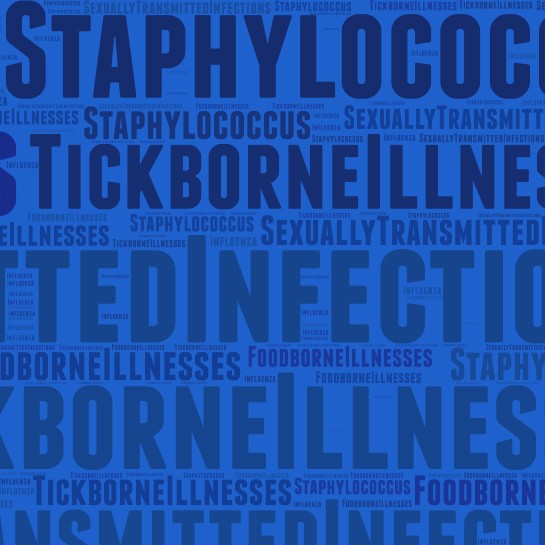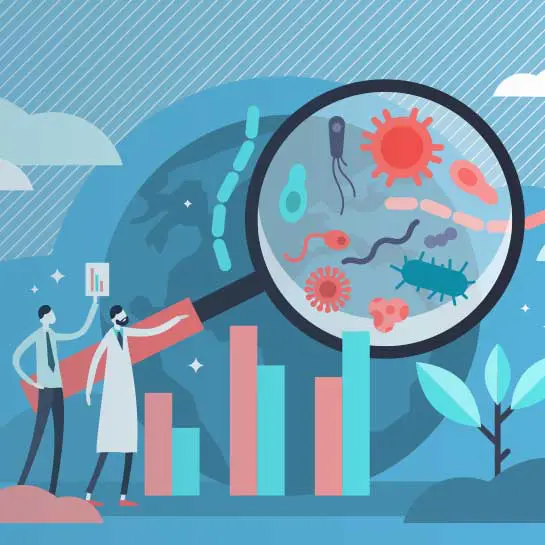Understanding Treatment
for Genital Warts
What are genital warts?
Genital warts are small, flesh-colored bumps that are caused by the human papillomavirus (HPV). As one of the most common types of sexually transmitted diseases (STDs), almost every sexually active person will become infected with at least one form of HPV in their lifetime — there are over 40 different strains. Genital warts are spread from person to person through oral, vaginal, or anal sex.
What are the symptoms of genital warts?
Genital warts are soft, pink, and flesh-colored, or have a cauliflower-like appearance and are found in the moist areas of the genitals. Some individuals have a single genital wart that’s almost impossible to see with the naked eye, while others have several warts that can multiply into large clusters. Besides the physical appearance of genital warts, symptoms include itching or discomfort in your genital area or bleeding with intercourse. In women, genital warts tend to occur in or around the vagina, on the cervix, or around the anus. Genital warts are less common in men but do happen on the tip of the penis.
How does ID Care diagnose genital warts?
Genital warts can be difficult to detect. That’s why ID Care physicians recommend that all women have regular Pap tests, or pelvic exams, which can help detect vaginal and cervical changes — including those caused by genital warts — and identify the early signs of cervical cancer, which can be a possible complication of the genital infection caused by HPV. A sample of your cervical cells will be tested for HPV after your Pap test.
How does ID Care treat genital warts?
Sometimes, genital warts won’t cause discomfort and disappear on their own. However, if you have genital warts that are causing emotional distress, painful itching, or burning, our specialists can alleviate your discomfort. We provide topical creams that will help clear an outbreak, or in more severe cases, will recommend surgical removal. However, there is no cure for genital warts — the virus will stay in your body even after you’ve had treatment, which means your warts may come back.
How can I avoid contracting genital warts?
Like most STDs, using condoms correctly dramatically reduces, but doesn’t eliminate, your risk. You can also safeguard your health with the GARDASIL®9 vaccine — which not only protects against many different cancer-causing strains of HPV but also prevents genital warts. Schedule an appointment today to receive your vaccine at an ID Care location near you.




